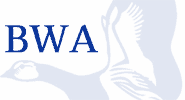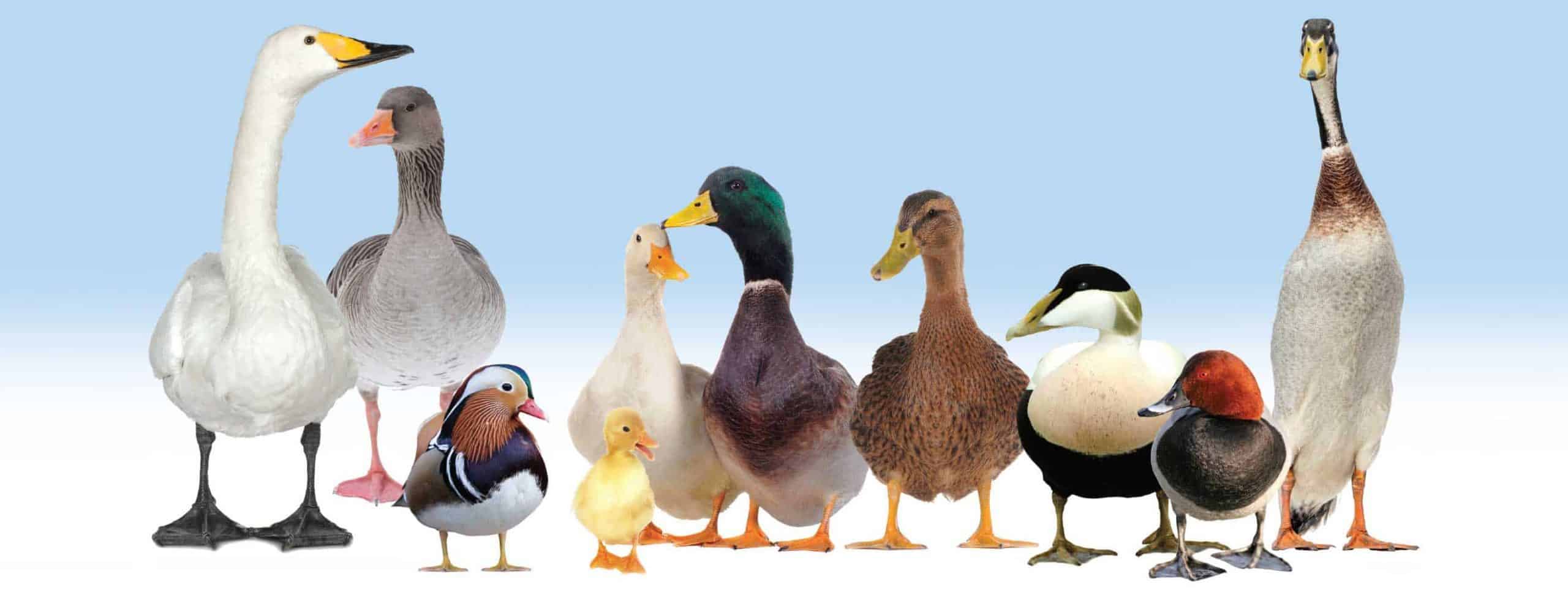Gatherings allowed, but not for waterfowl
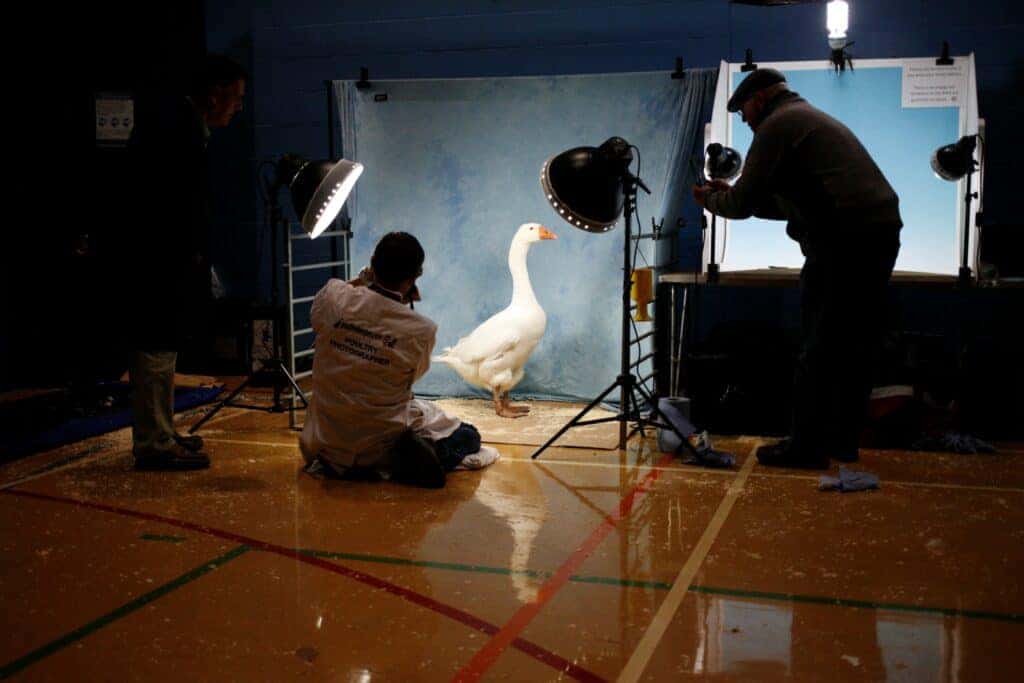
A small easement in the gatherings ban has been announced as from tomorrow. The full announcement is here: https://www.gov.uk/government/news/bird-flu-latest-situation-avian-influenza-prevention-zone-declared-across-great-britain Please make sure anyone who asks about this reads the WHOLE release, particularly this, paragraphs 10 and 11: ‘Gatherings of Anseriforme poultry and Anseriforme birds including ducks, geese and swans are not permitted. These changes only […]
BWA member event

The BWA will be visiting the beautiful Edwardian country hall and estate on the outskirts of Leeds – Lotherton Hall. Lotherton’s Wildlife World tells the story of its natural heritage, while drawing on the travels of previous owners of the estate, the Gascoignes. In the evening we will have a group meal at the Ash […]
The Christopher Marler BWA Award
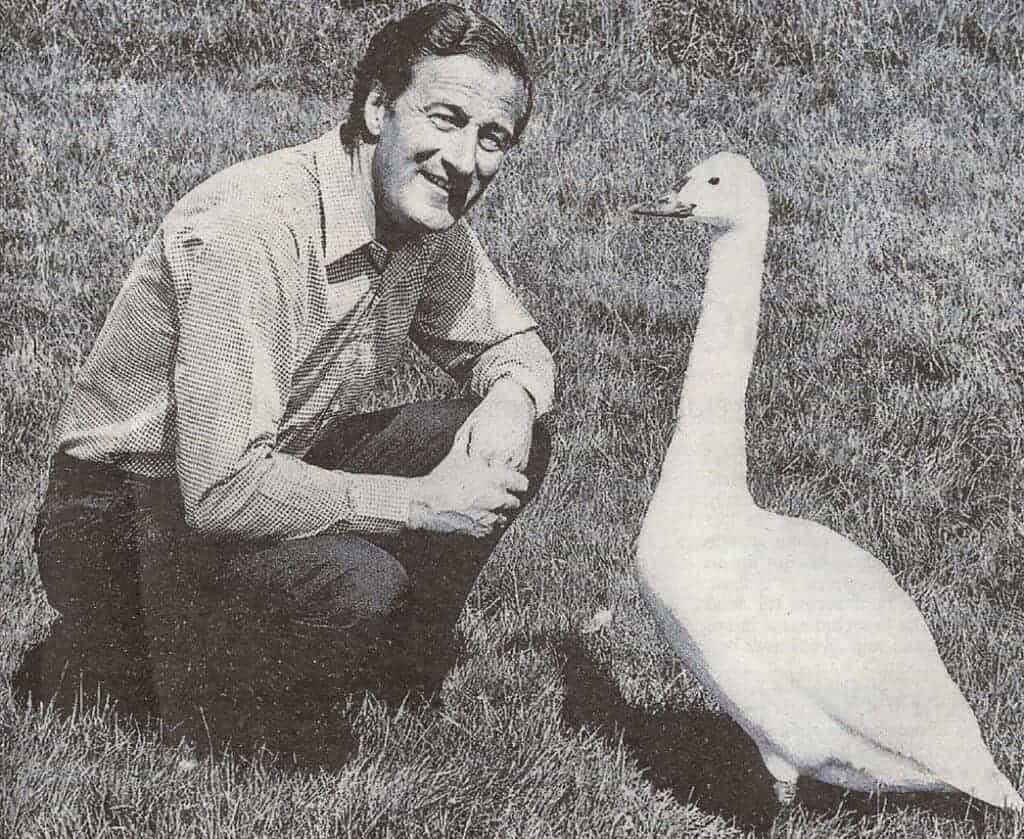
Young breeder scholarship Applications are invited from young people who have shown aptitude and skill in breeding waterfowl. Following the death of Christopher Marler in July 2019, his family have generously offered to fund a ten-year series of grants to be made in his name. These are to encourage young people who aspire to go […]
Pal-Mates … weekend web tip
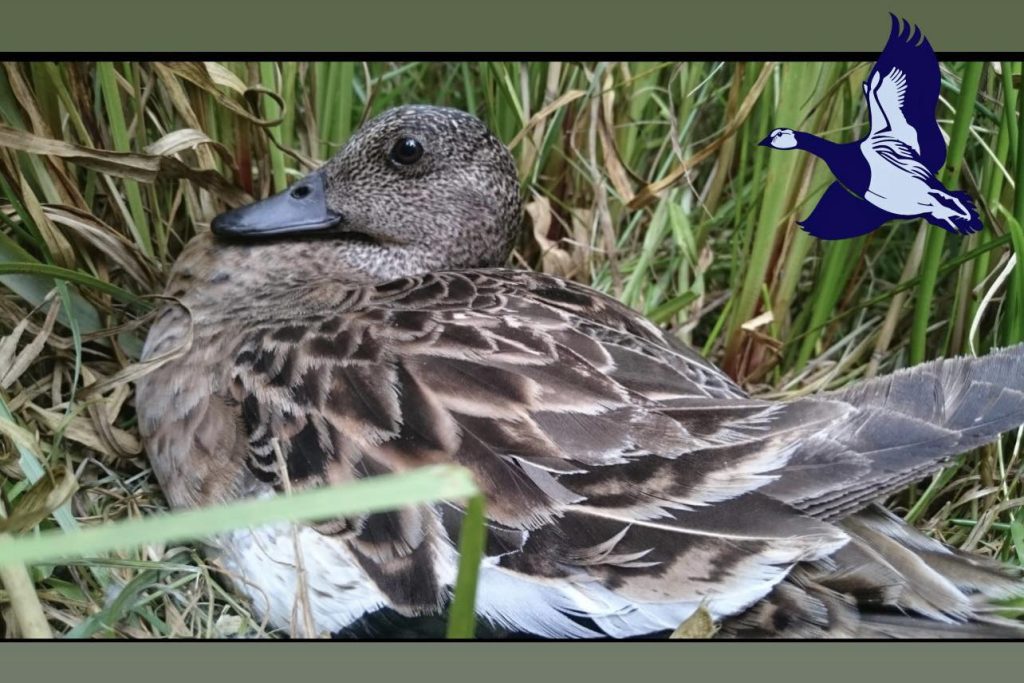
Grass nesters such as this American Wigeon Mareca americana depend on camouflage and subtlety. Never look them in the eye! Any brown dimorphic female can abandon the nest if she feels her cover is blown… they are best checked from 10 days, so if they need to be lifted to an incubator, they have a greater […]
Pal-Mates … weekend web tip.
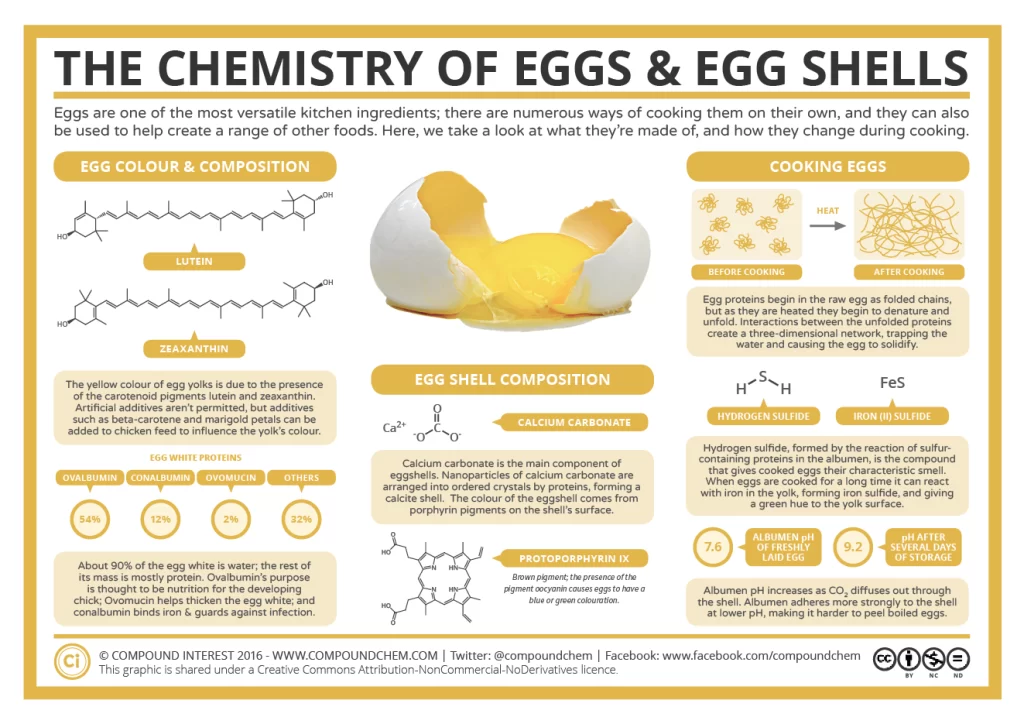
Do you know what’s in an egg? We are pretty familiar with the eggshell, made primarily from calcium carbonate, the chemical compound which also makes up the majority of sea shells, as well as chalk and limestone. But what do you know about the layers within? Read more about the chemistry of eggs and egg shells […]
AI still affecting Black-headed Gulls
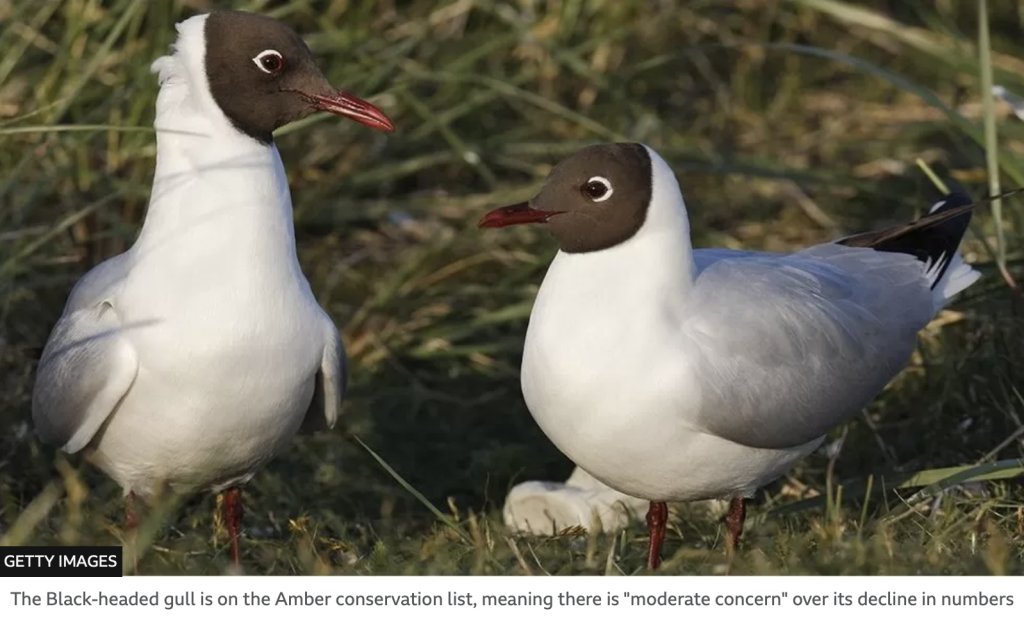
Although wild bird cases of bird flu are starting to diminish, large groups of Black-headed Gulls continue to see mass die-offs. This latest one in Bedford is a timely reminder that we still need to take utmost care with our biosecurity. See local BBC New report here: https://www.bbc.co.uk/news/uk-england-beds-bucks-herts-65562633 For the latest Gov.uk info about hygiene […]
Pal-Mates … weekend web tip
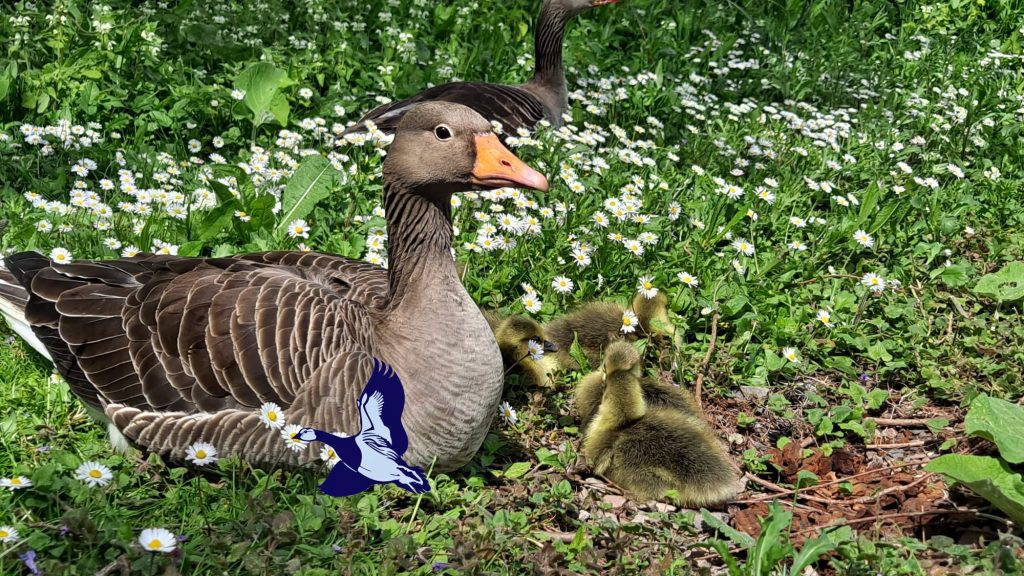
Mother knows best, but what if you have to use an incubator? 5 Domestic Goose top tips from Colin Murton. • Set eggs no longer than a week after laying as viability declines a bit every day • Most incubators are designed to be indoors, they don’t cope with huge variations of temperature • Turn […]
Poultry Registration consultation
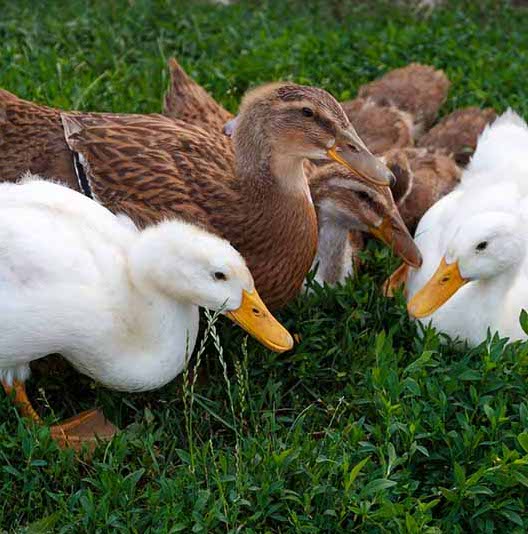
It is currently mandatory for a person who is a keeper of 50 or more poultry at any single premises to register their birds on the Great Britain Poultry Register by providing specified information on the birds. The information on the register enables the government to communicate with poultry keepers quickly, to manage any potential […]
Pal-Mates … weekend web tip
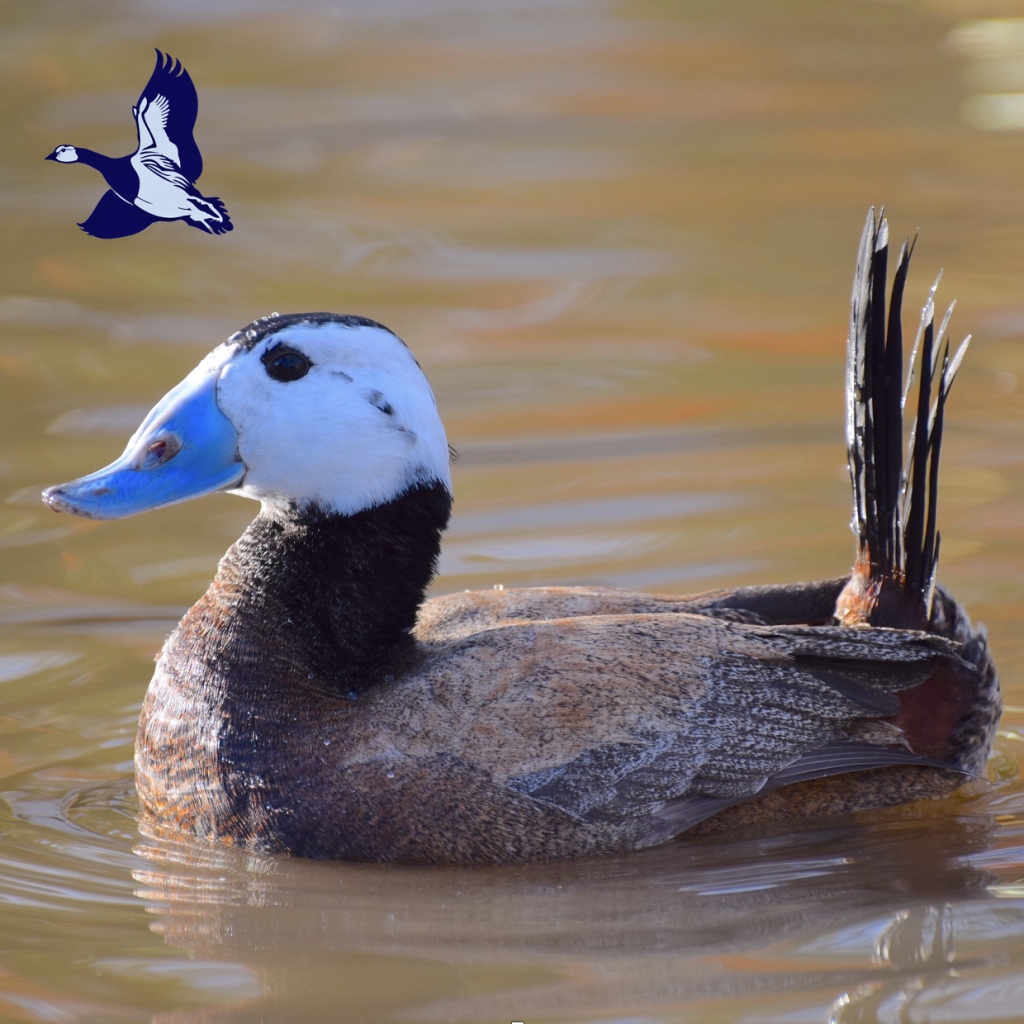
Today is World Wildlife Day. The aim is to raise awareness of the world’s wild animals and plants. 3rd March was chosen to commemorate the signature of the Convention on International Trade in Endangered Species of Wild Fauna and Flora (CITES), which took place on 3 March 1973. These pictured species may be familiar […]
Pal-Mates … weekend web tip
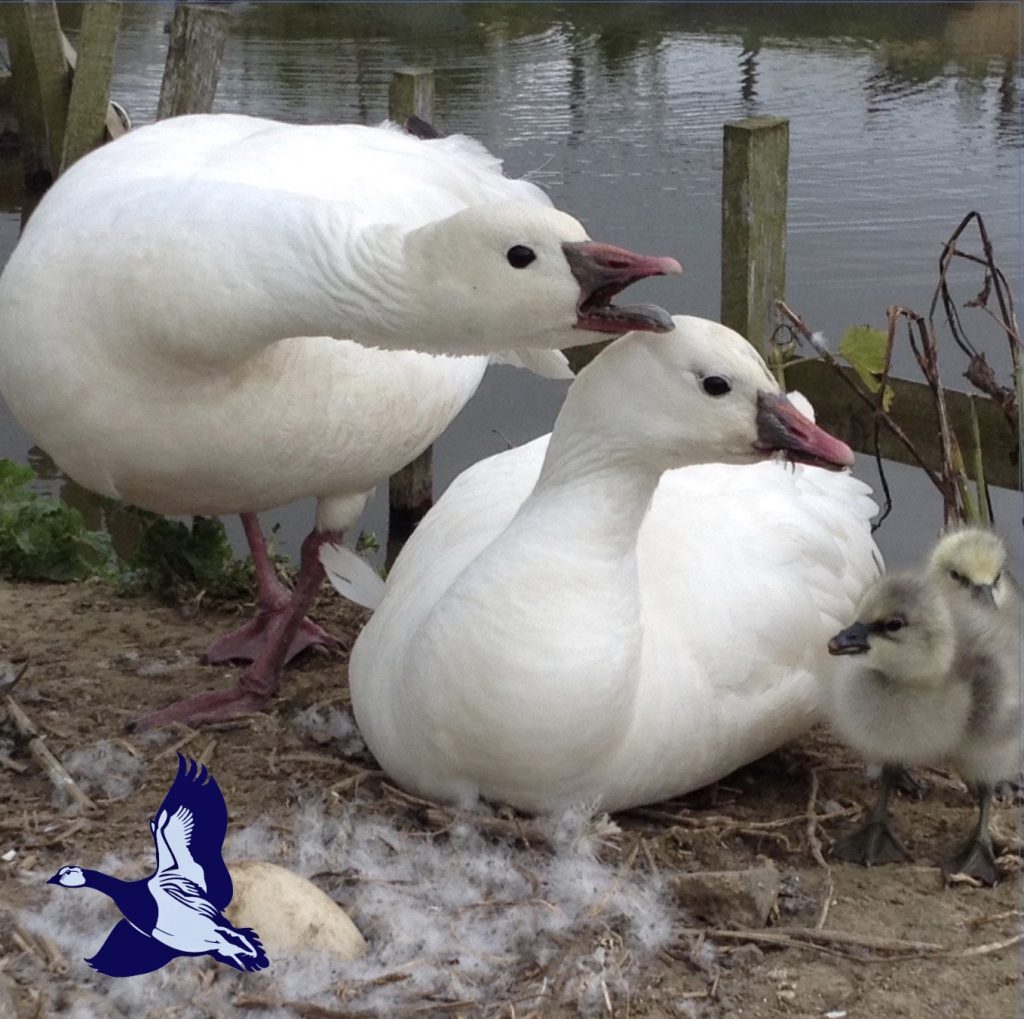
Top tips for successful nesting
